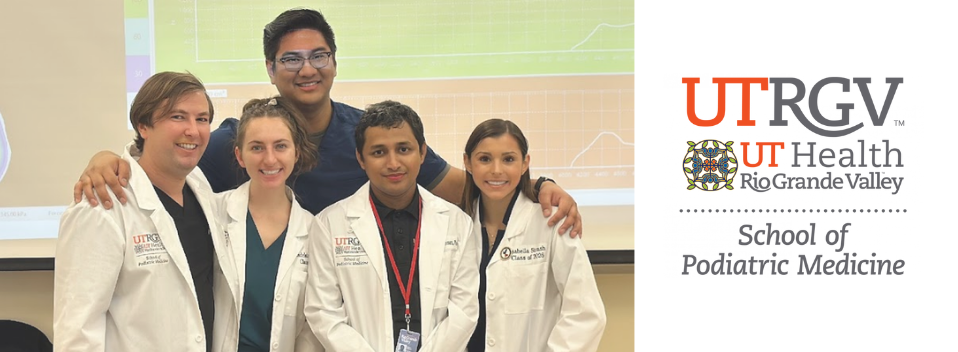
School of Podiatric Medicine Publications
Document Type
Article
Publication Date
9-28-2020
Abstract
The pathogenic mechanisms of several diseases triggered by protozoan parasites, such as the causative agents of Chagas disease, toxoplasmosis, leishmaniosis, and malaria, have demonstrated to cause direct detrimental effect on cardiac and skeletal muscle. These are amongst the most prevalent and epidemiologically relevant protozoan infections worldwide and infecting millions of people per year. As such, this review focuses on the current knowledge on the pathogenic mechanisms of these diseases on muscles. Case studies and original research addressing the mechanisms of action for direct and indirect damage to cardiac and skeletal muscle were analyzed and the main findings summarized. Importantly, all diseases reviewed here produce an intense inflammatory response, with the associated oxidative stress and pro-inflammatory cytokine production leading to or furthering these detrimental effects. Critically, the disruption of cardiac muscle function can lead to minor arrhythmias and even death, and skeletal muscle damage can result in homeostatic imbalances serving to further morbidity and mortality. Strategies for preventing complications and determining the effectiveness of interventions designed with antioxidant and anti-inflammatory molecules to minimize muscle injury and help the millions of people with these diseases are an urgent need.
Recommended Citation
Marrelli, M., Fiedler, M., Biguetti, C., & Brotto, M. (2020). Detrimental effects of malaria, toxoplasmosis, leishmaniosis and Chagas disease on cardiac and skeletal muscles. Medical Research Archives, 8(9). https://doi.org/10.18103/mra.v8i9.2218
Publication Title
Medical Research Archives
Academic Level
faculty
DOI
https://doi.org/10.18103/mra.v8i9.2218


Comments
The Medical Research Archives grants authors the right to publish and reproduce the unrevised contribution in whole or in part at any time and in any form for any scholarly non-commercial purpose with the condition that all publications of the contribution include a full citation to the journal as published by the Medical Research Archives.